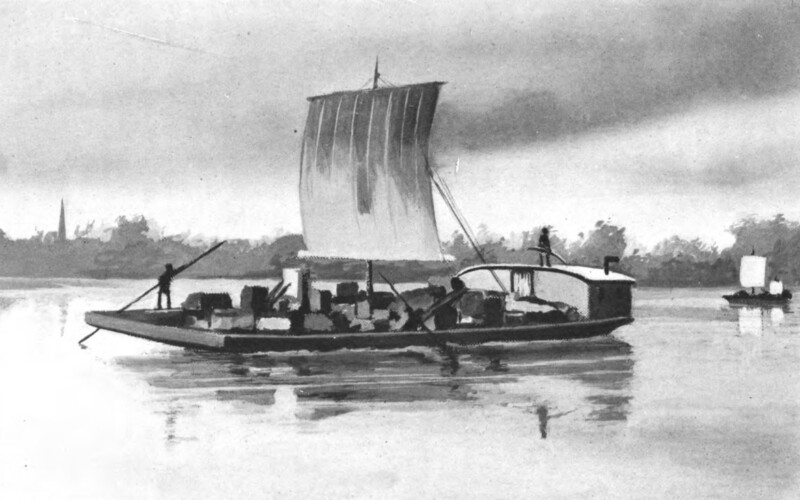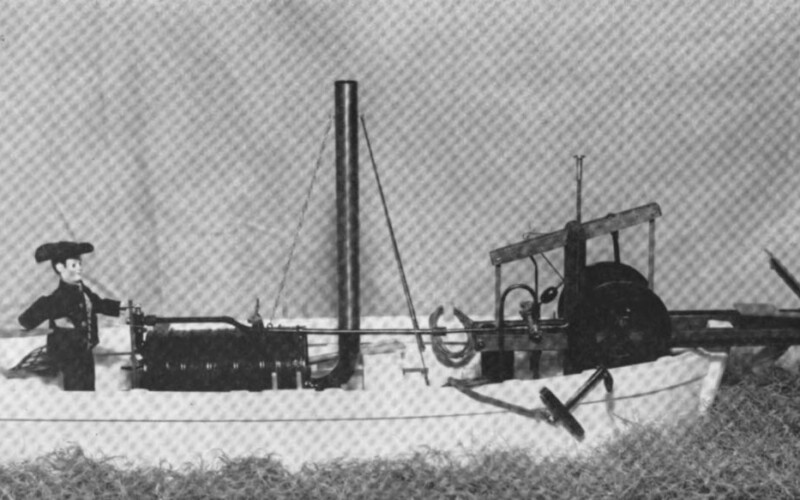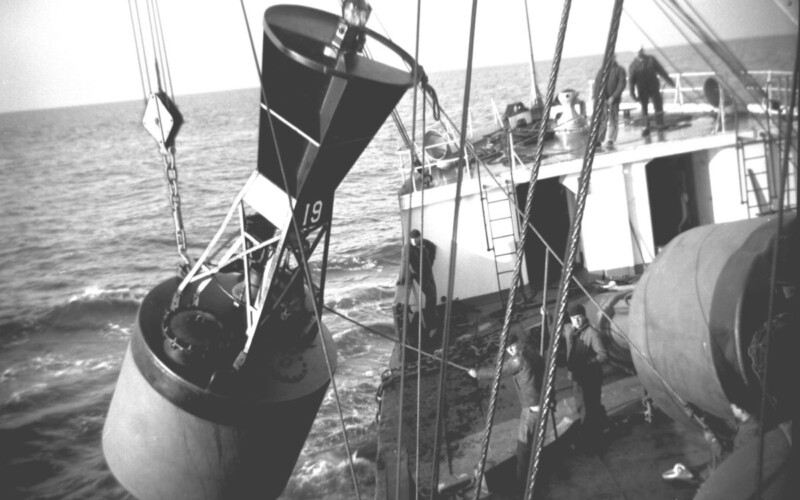We have experience hosting a range of audiences, from college classes to birthday parties to company outings, and we customize our tours to meet your group’s interests and needs.
Book a private tour today
Running from the Canadian border to Long Island Sound, the Connecticut River cuts through the heart of New England. And for a period of about 40 years, a concerted effort …
Read more

While New Yorkers laud native son Robert Fulton as the father of the steamboat, his achievements were built upon the work of many other innovators, among them Samuel Morey. Born …
Read more

Unlock the mystery of maritime navigation with Mary Habstritt of the Lilac Preservation Project. At night many of our waterways become constellations of flashing lights. These Aids to Navigation (or …
Read more
